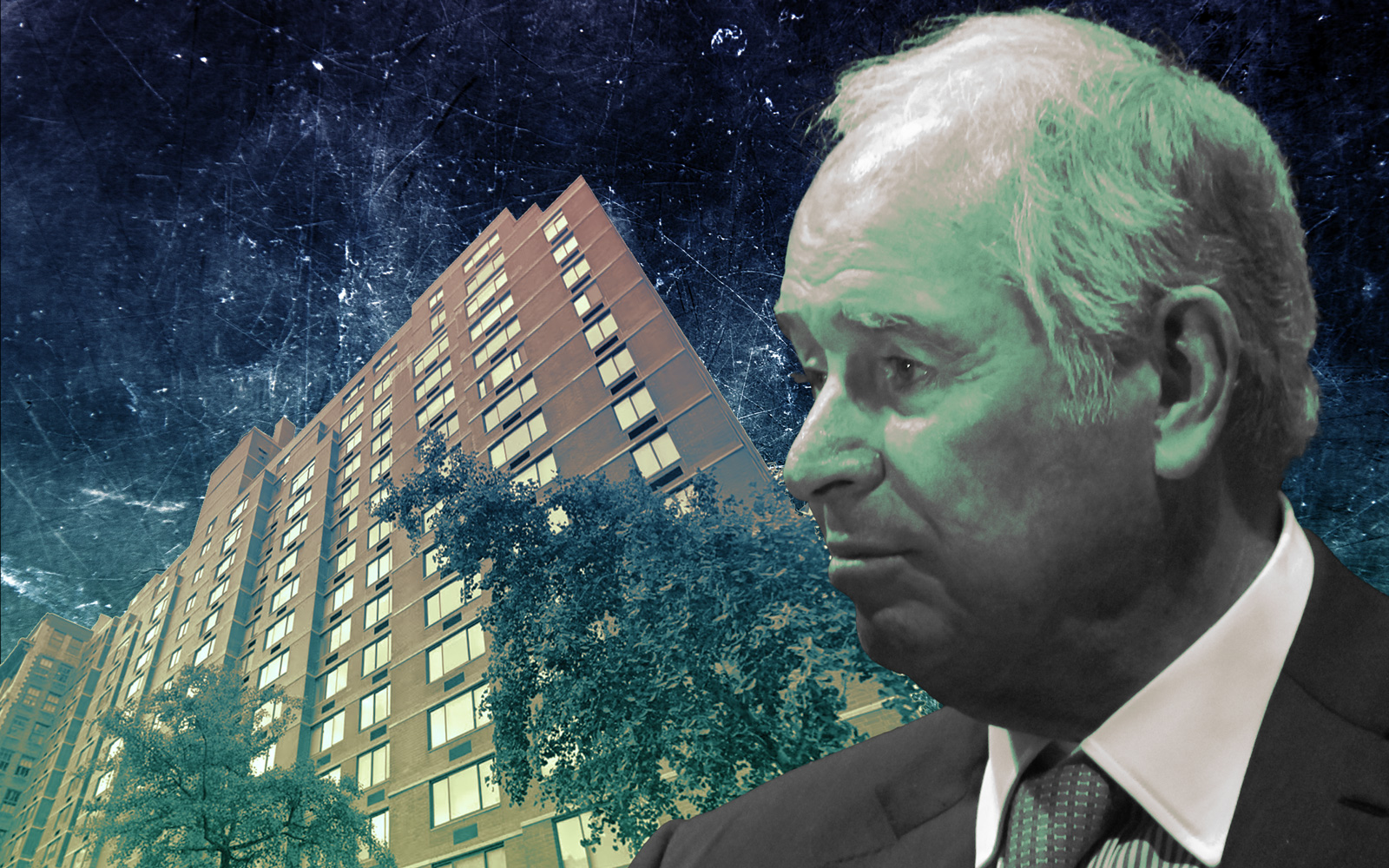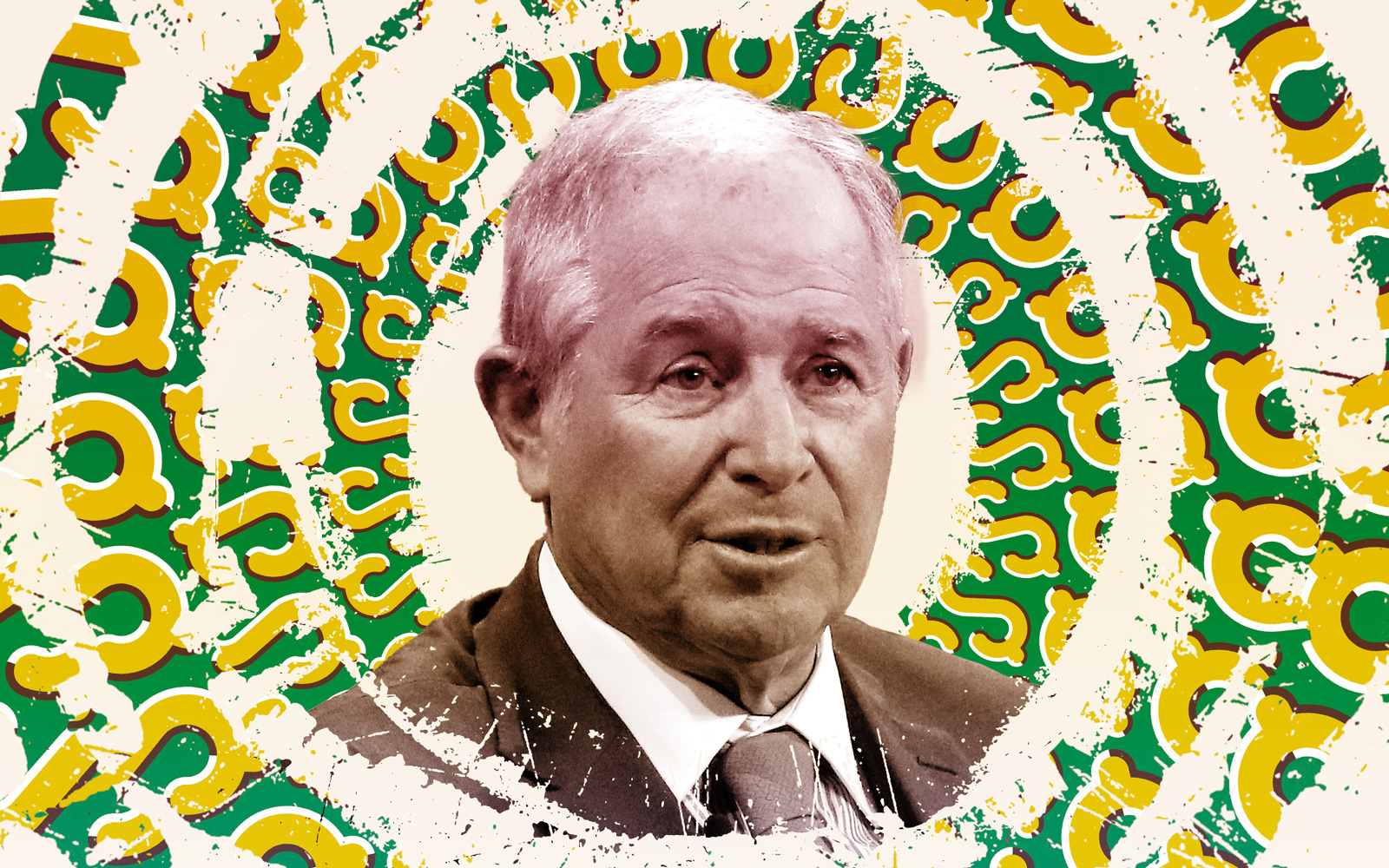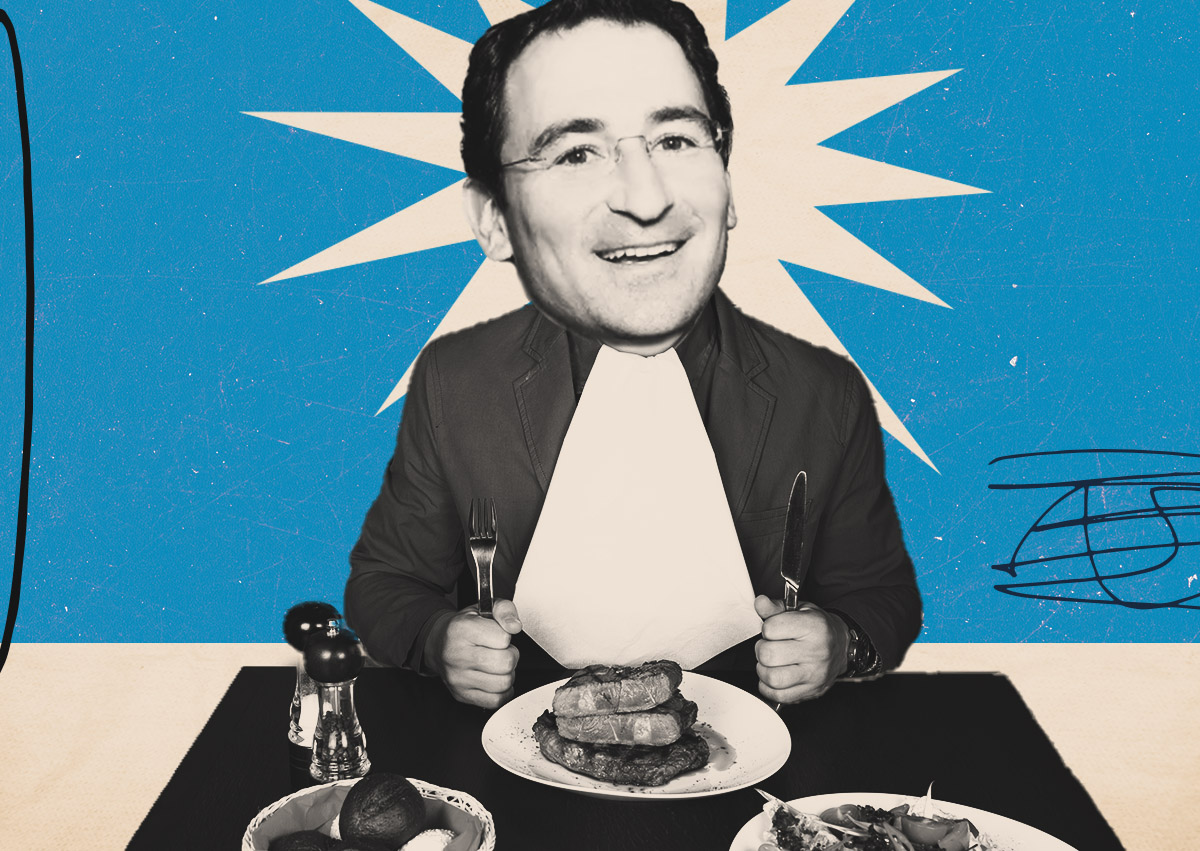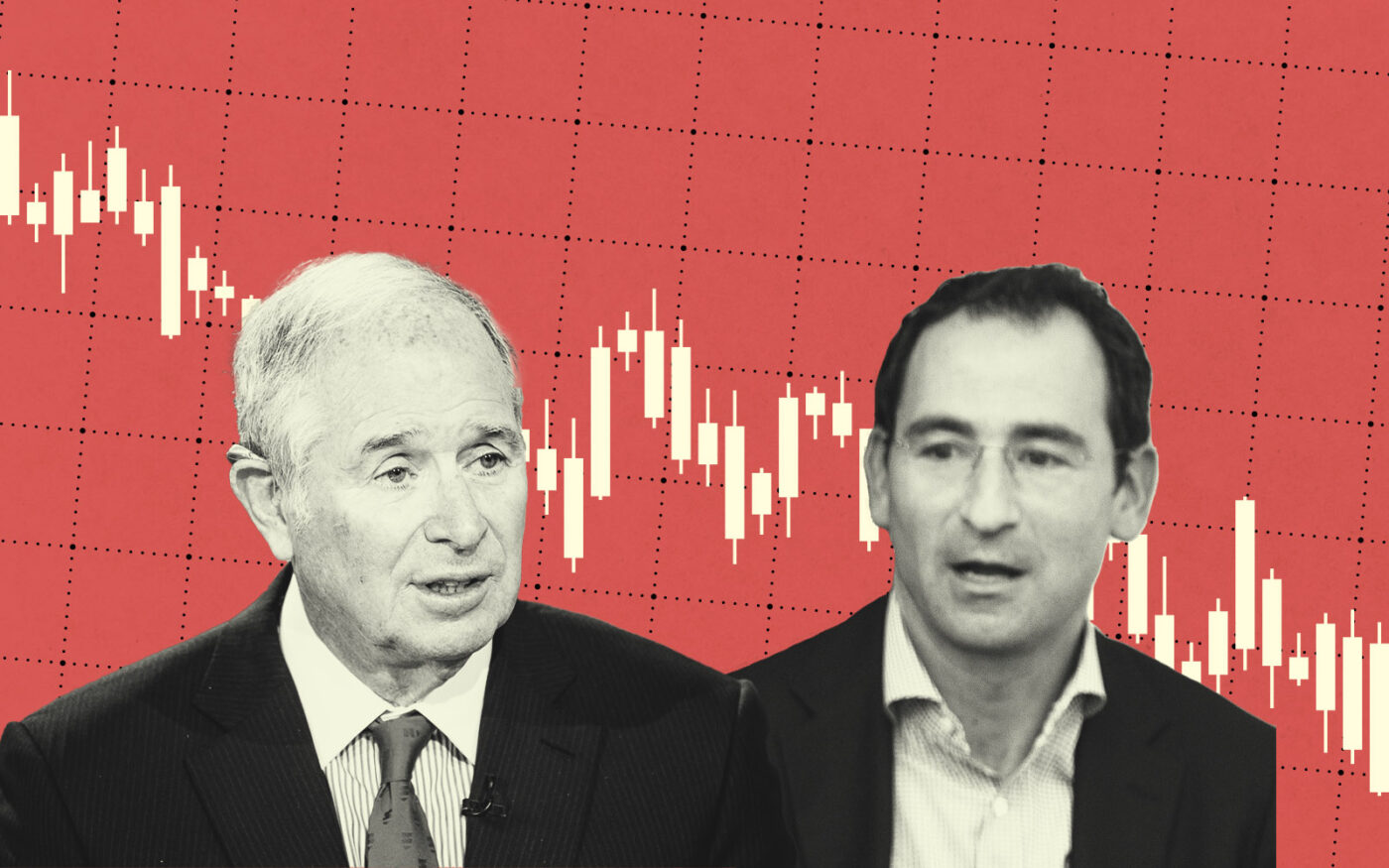The frozen investment sales market dragged down Blackstone’s earnings in the first quarter as the firm struggled to offload commercial assets.
Distributable earnings — the cash divvied out to shareholders — slipped 36 percent to $1.25 billion in the first quarter from $1.94 billion in the same period last year.
Blackstone’s real estate segment saw distributable earnings fall 58 percent year over year as realizations, or profits banked from asset sales, tumbled 54 percent to $4.4 billion, compared to $9.5 billion in the first quarter of 2022.
Commercial real estate deal flow has stagnated as rising interest rates have widened the bid-ask gap between sellers and buyers.
In all, Blackstone’s real estate investments shed 2 percent of their value in the period, a steeper drop than the firm reported in the fourth quarter and a continued reversal from the “remarkable” gains those ventures enjoyed earlier in the pandemic. The 1.6 percent depreciation of Blackstone’s Core+ segment, which includes the non-traded real estate investment trust BREIT, drove that decline.
Blackstone limited withdrawals from BREIT in March for the fifth straight month. On an earnings call Thursday, CEO Stephen Schwarzman characterized that move as a safety rail to ensure “strong outperformance.”
“We designed this vehicle … to be prepared for adverse market conditions,” Schwarzman said.
In February, the firm touted BREIT’s largest monthly return in six months at .7 percent, which bumped the trailing 12 months of returns to 5.7 percent. The fund’s performance has slipped from the 8.4 percent return it reported in 2022 and the 30.2 percent it clocked in 2021.
President Jonathan Gray said the flurry of BREIT redemption requests had ebbed as of late, falling 16 percent in March from January’s peak.
Given real estate’s dwindling returns, Gray underscored the diversity of Blackstone’s investments and its minimal exposure to the troubled office sector, which comprises less than 2 percent of its holdings.
The firm’s commercial real estate investments are concentrated in logistics and rental housing. Blackstone said its warehouse properties, at 40 percent of its total holdings, stood to benefit from rents that continue to post double-digit growth year over year.
Gray acknowledged that multifamily rents have moderated, but said the firm is still seeing tenants re-sign at 4 percent increases, as well as “cash flow growth that is materially higher.”
The firm said BREIT’s cash flows were up 9 percent year over year in the first quarter.
A portfolio of 11 Blackstone-owned multifamily assets in Manhattan hasn’t benefited from that strength. Moody’s downgraded the portfolio’s $271 million CMBS debt last month, citing cash flow that wouldn’t cover debt service.
This week, the lender on a $50 million mezzanine note collateralized by the same portfolio marketed the loan for sale, a sign the firm has doubts about being paid back.
Read more



